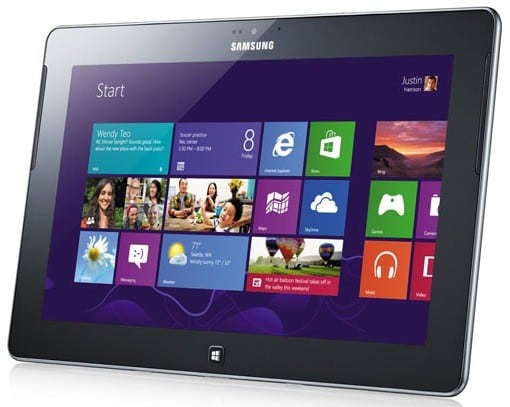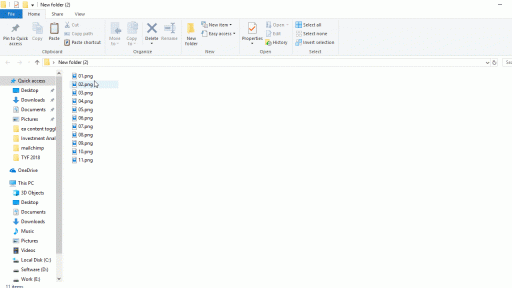Dolby Labs has recently reported during in the post-earnings conference call with investors that Dolby Technologies won’t be included in next version of Windows 8 and Microsoft had included support for Dolby Digital Plus directly into Windows 7, the present version of its flagship operating system. The move may be due to the rise of cloud software and streamed movies such that DVD playback technologies are simply too expensive to license………..
Dolby Laboratories executives shared some information about Microsoft’s Windows 8 during an earnings call this week and they revealed information about what they believe won’t be part of Windows 8 with their DVD playback technologies. Dolby’s software was included in four versions of Windows 7. The company stated that previously its mix of PC licensing revenue increasingly shifted towards the operating system, a trend that appears to be over, so long as Microsoft does not radically change its product direction. Dolby’s statement on the matter said the following: “We have recently learned that our technologies are not currently included in the Windows 8 operating system under development. If our technologies are not included in the commercial version of Windows 8, we expect to support DVD playback functionality by increasingly licensing our technologies directly to OEMs and ISVs, and we will seek to extend our technologies to further support online content playback.” In other words, even if Microsoft excludes Dolby from Windows 8, the company will work with PC manufacturers and other OEMs to ensure that its technology does find integration into new computers, ensuring at least part of its revenue stream. It could be that as optical drives slowly fade, at the prodding of Apple’s laptop design choices, cloud software, and streamed movies, that DVD playback technologies are simply too expensive to license and Microsoft wants to cut fat from Windows 8. Another possibility is that with Microsoft’s exceptionally close ties to Netflix and that company’s push towards streaming, the Redmond giant simply doesn’t see the need to continue focusing on the playing of physical storage mediums.
[ttjad keyword=”microsoft”]


![Read more about the article [Rumor] Windows 8.1 Update 1 May Release On March 11](https://thetechjournal.com/wp-content/uploads/2014/01/Windows-8.1-512x351.jpg)

